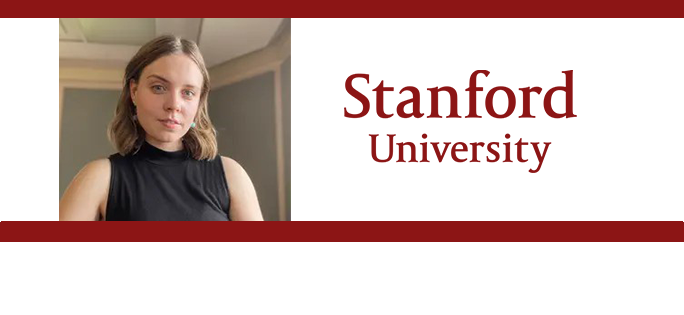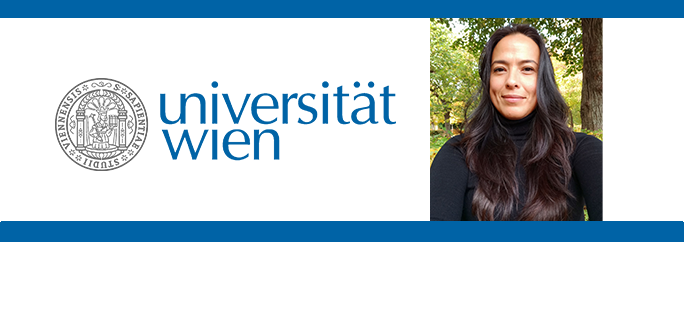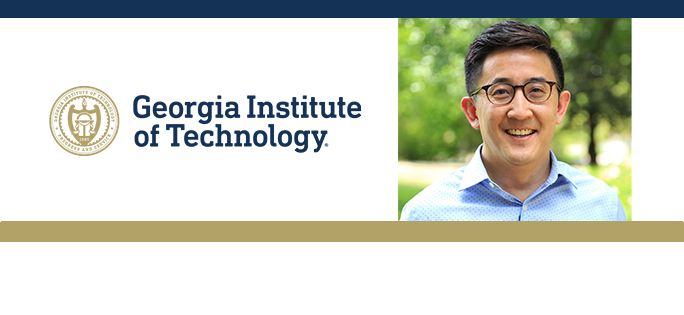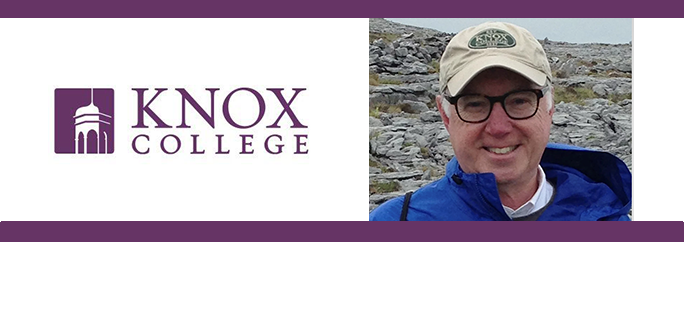Podcast: The Academic Minute
-

Eleanor Schille-Hudson, Stanford University – The Problem-Solving Power of Prayer
Is prayer a form of problem solving for the person praying? Eleanor Schille-Hudson, postdoctoral research scientist in the department of anthropology at Stanford University, discusses why it may be the case. A cognitive scientist by training, she studies how people rely on their priors, habituated behaviors, social networks, and cultural context to make sense of…
-

John Daily, University of Colorado – Wildfires Need Science
Wildfires are a topic that is demanding our attention these days. John Daily, emeritus professor of mechanical engineering at the University of Colorado, says science can teach us what we need to know. Dr. Daily is Emeritus Professor of Mechanical Engineering at the University of Colorado at Boulder. He studied Mechanical Engineering at the University…
-

Peter Serles, California Institute of Technology – Machine Learning Could Make Superefficient Planes
3D printing may hold the key to making airplanes superefficient. Peter Serles, Schmidt Science Fellow at the California Institute of Technology, looks to let this research take off. Dr. Peter Serles received his PhD from the University of Toronto working with Prof. Tobin Filleter where he was a Vanier Scholar and was awarded the Canadian…
-

Anita Rao, Georgetown University – The Impact of Voluntary Labeling
Labels on products showing ‘healthier’ information, may not be telling the whole story. Anita Rao, Beyer Family associate professor at the McDonough School of Business at Georgetown University, tells us why. Anita Rao, Beyer Family Associate Professor at Georgetown University’s McDonough School of Business, is an empirical marketing researcher. Her work focuses on causally measuring…
-

Jasmine Loveland, University of Vienna – A Super Enzyme in Overdrive: How Ruffs Lower Testosterone
What can birds teach us about testosterone? Jasmine Loveland, Lise Meitner postdoctoral fellow at the University of Vienna, examines this. Dr. Jasmine Loveland is a postdoctoral researcher at the University of Vienna and a guest scientist at the Max Planck Institute for Biological Intelligence. Her main interests are in molecular evolution, comparative neuroanatomy and the…
-

Sarah Kakadellis, University of California, Davis – States Unlikely To Meet U.S. Food Waste Reduction Goal
Federal food waste reduction goals are proving hard for states to meet. Sarah Kakadellis, postdoctoral researcher in the Department of Food Science and Technology at the University of California, Davis, explains why. Kakadellis’ research addresses the significant yet mostly untapped potential of food loss and waste solutions for the design of sustainable, circular, and resilient…
-

Gabe Kwong, Georgia Tech University – Using Computer Logic to Enhance Cancer Detection
Finding the right treatment for cancer is difficult at times, so how can computing power help us with this goal? Gabe Kwong, the Robert A. Milton associate professor of biomedical engineering at Georgia Tech University, examines. Gabe A. Kwong, Ph.D. is the Robert A. Milton Endowed Chair and Associate Professor of Biomedical Engineering at Georgia…
-

Frank McAndrew, Knox College – Why Do Old People Hate New Music?
Certain age groups think the music of today is not as a good as it used to be. Frank McAndrew, Cornelia H. Dudley professor of psychology at Knox College, explores why this may be. To the extent that there is a common theme tying my research together, it is that I study human social behavior…
-

Brandon Vaidyanathan, Catholic University of America – Science is a Quest for Beauty
Beauty is in the eye of the beholder, but is it also in science? Brandon Vaidyanathan, professor of sociology at the Catholic University of America, takes a closer look. Dr. Brandon Vaidyanathan is Professor of Sociology and Director of the Institutional Flourishing Lab at The Catholic University of America. He holds bachelor’s and master’s degrees…
-

Tali Caspi, University of California, Davis – How Cities Shape What Animals Eat
What do animals eat when they live in urban spaces? Tali Caspi, urban ecologist and Ph.D. candidate at the University of California, Davis, takes off the lid. Tali’s work on urban wildlife focuses on emerging patterns and underlying mechanisms of individual variation across the urban landscape to better understand the factors that allow animals to…
